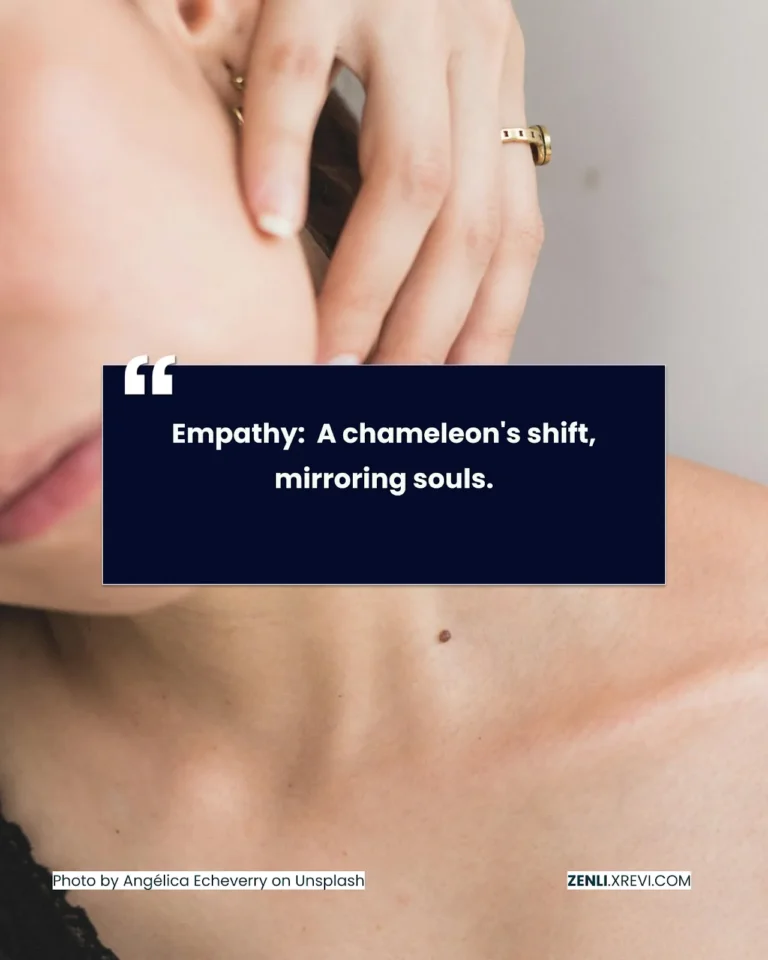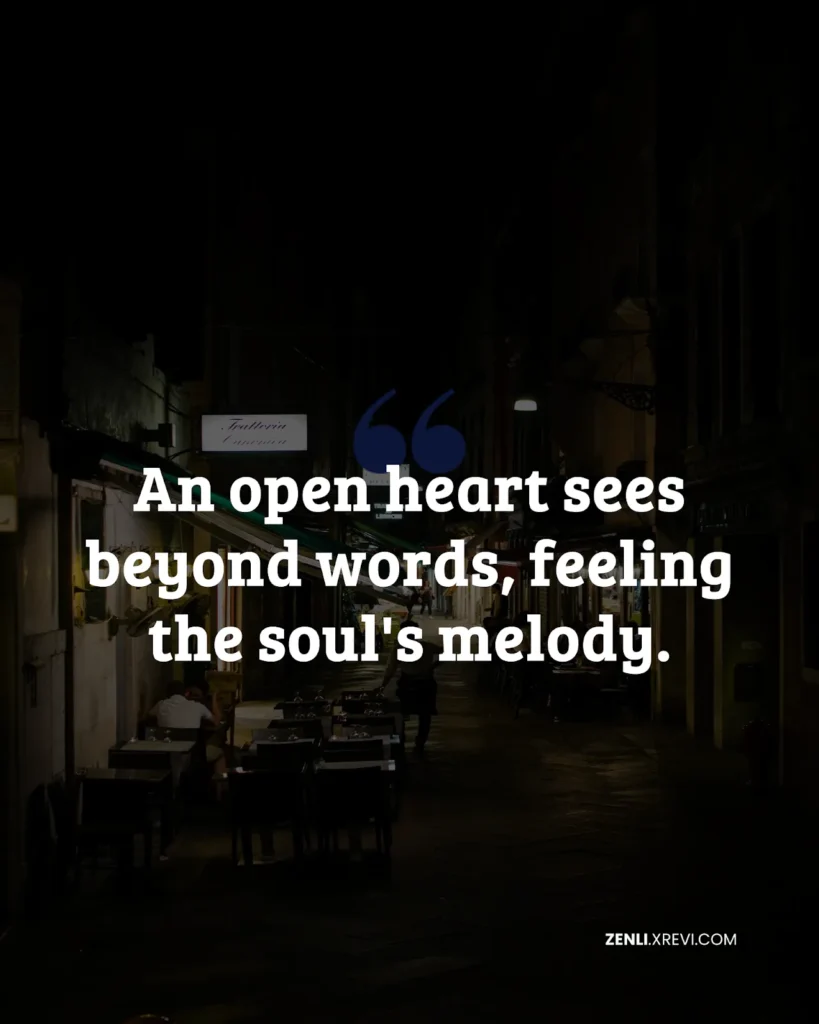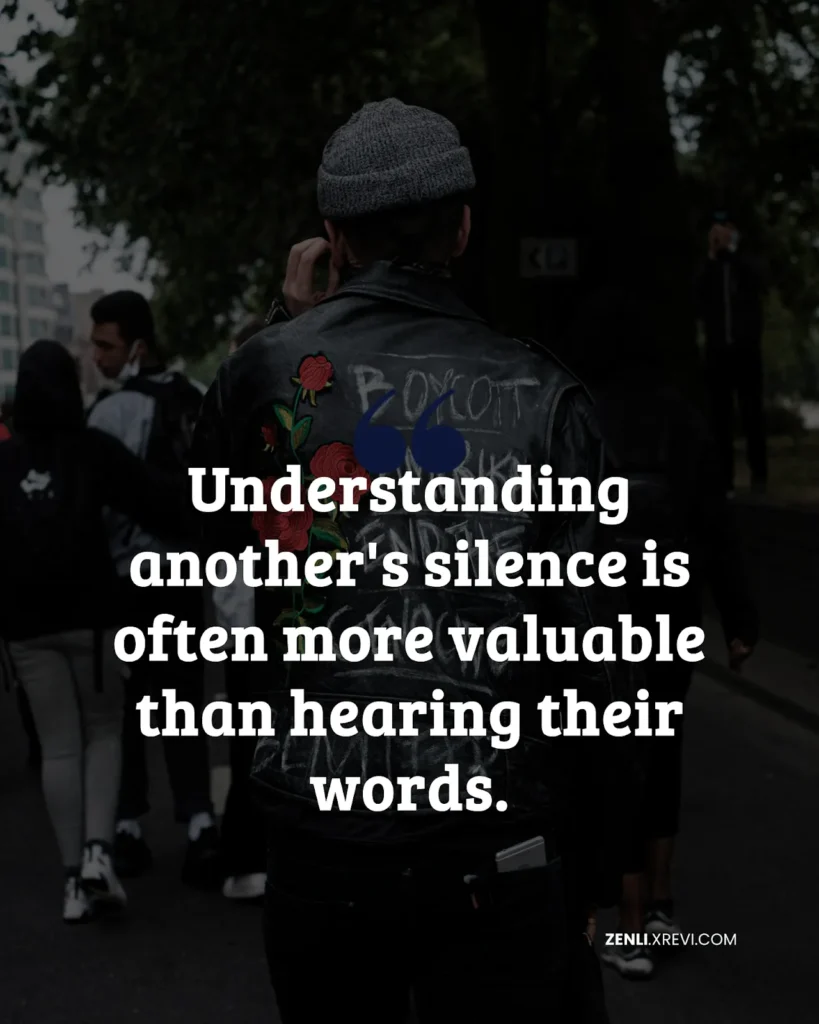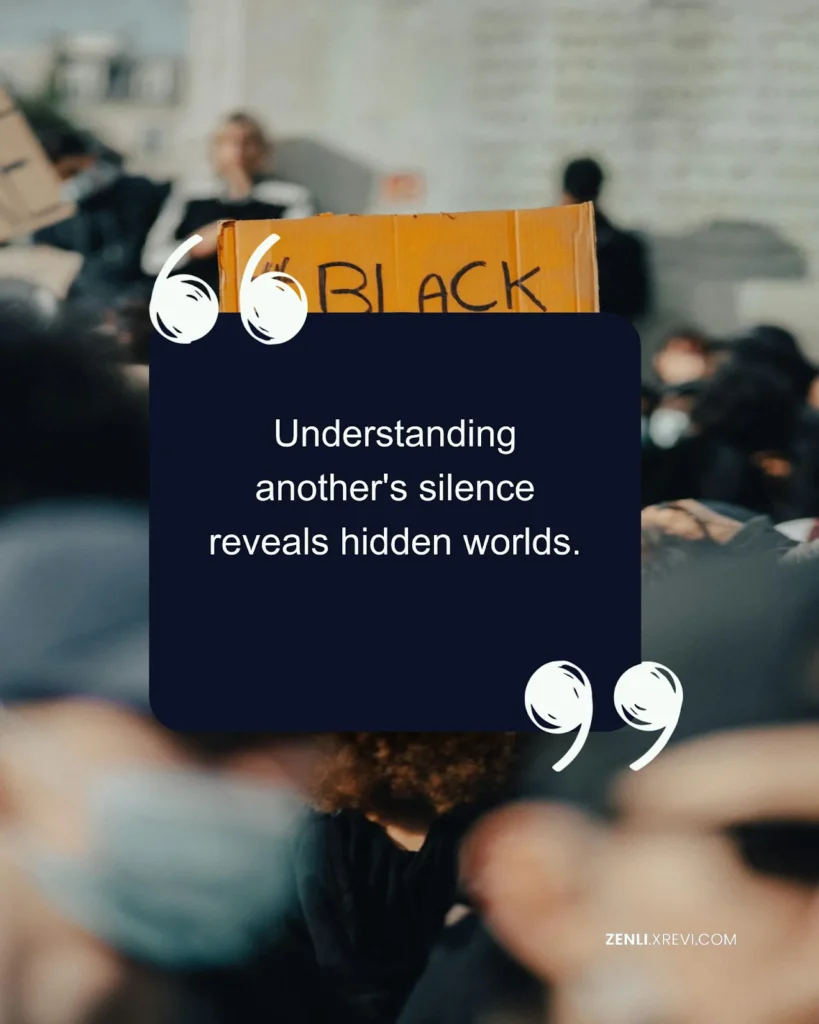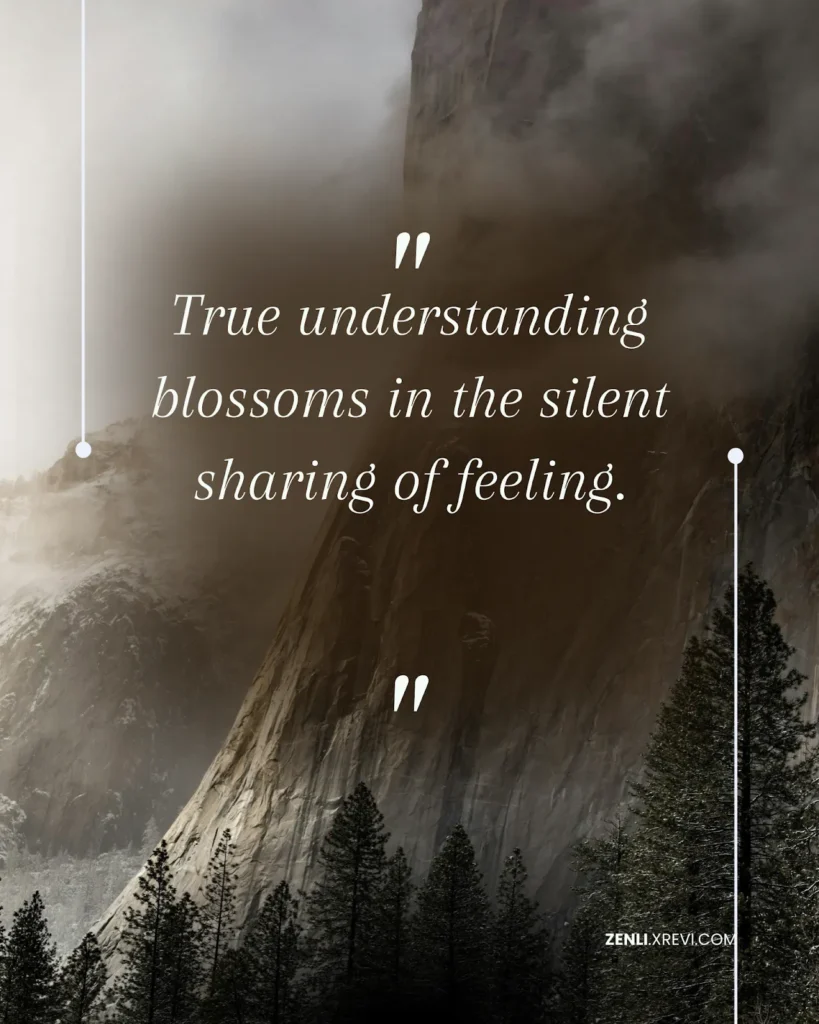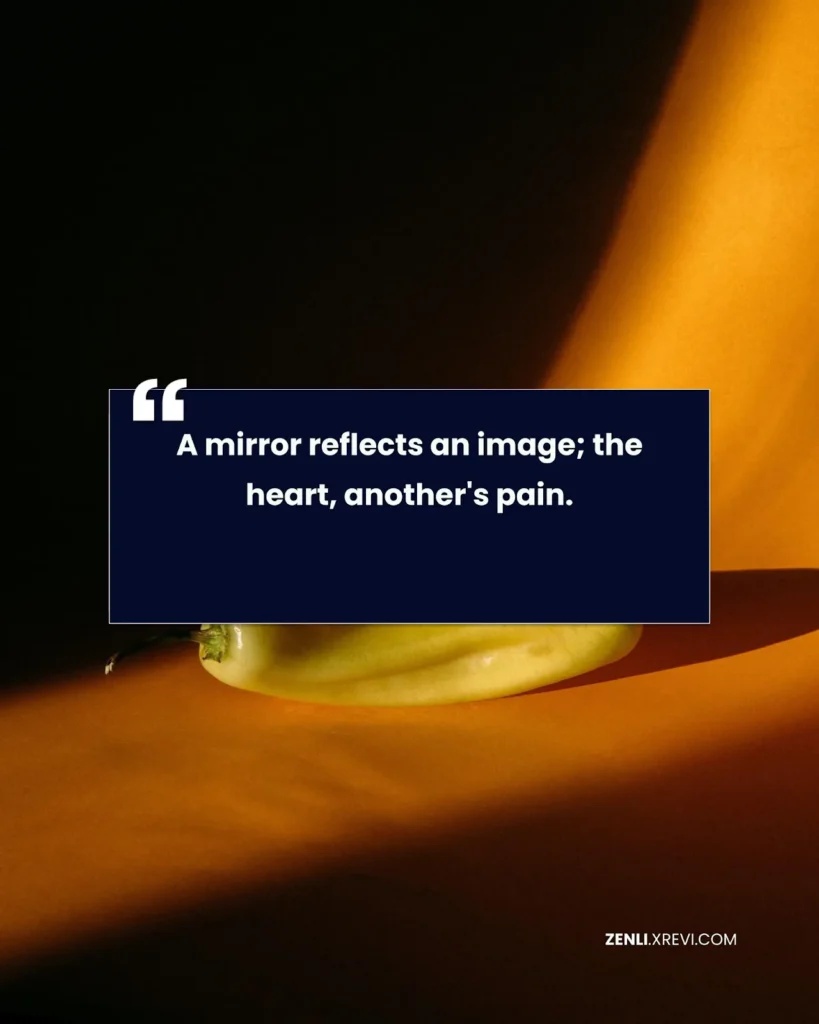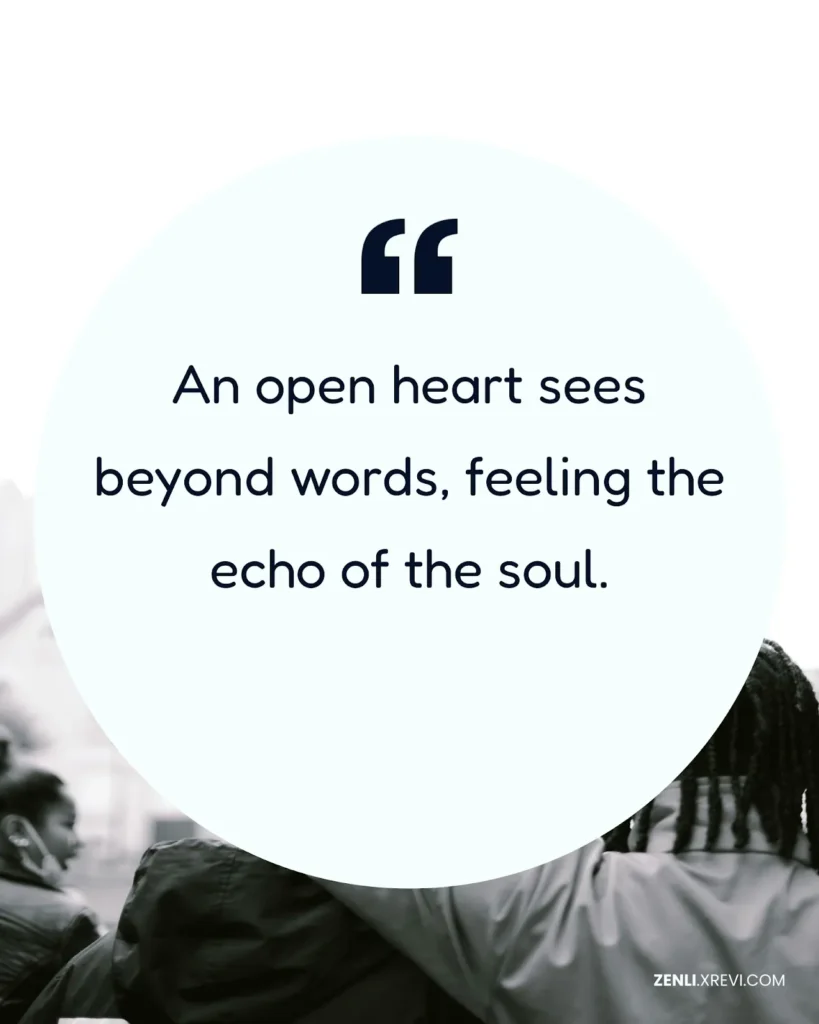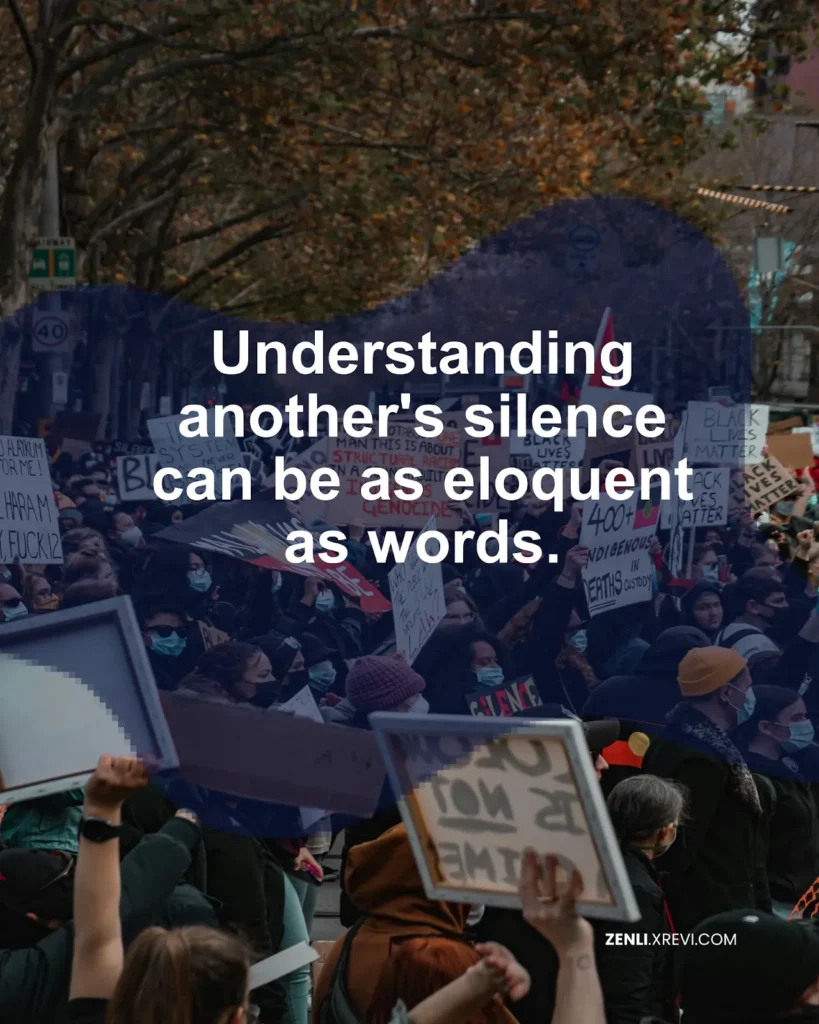Have you ever had a friend confide in you about a difficult situation, and felt a deep pang of understanding, even if you’d never experienced anything similar? Or maybe you’ve witnessed a stranger struggling and instinctively offered a helping hand, even without knowing their story? These moments, however small, are glimpses into the powerful force of empathy. It’s not just about feeling sorry for someone; it’s about genuinely trying to understand their perspective, their feelings, and their experiences. It’s about stepping into their shoes, even for a moment, and seeing the world from their viewpoint. In our increasingly interconnected world, but often isolating digital age, this ability to connect authentically with others is more crucial than ever before – it forms the bedrock of healthy relationships, strong communities, and a kinder world. It influences everything from how we handle conflict to how we build bridges with those different from ourselves.
Empathy: A chameleon’s shift, mirroring souls.
This quote perfectly captures the essence of empathy. Like a chameleon subtly adapting its colours to blend in with its surroundings, empathy requires us to adapt our understanding to match the emotional landscape of another person. It’s not about imitation, but about mirroring the emotional state, creating a space for genuine connection. Imagine a friend who’s just lost their job. Empathy isn’t simply saying “I’m sorry that happened,” but rather understanding their anxieties about the future, their feelings of failure, or their fear of the unknown. It’s about acknowledging their emotions without judgment and offering support that resonates with their specific needs. Consider a child struggling with a difficult homework assignment; empathy wouldn’t be lecturing them on the importance of studying, but patiently guiding them through the problem, addressing their frustration and building their confidence. This “chameleon shift” – this ability to adapt our understanding – is the key to truly connecting and building meaningful relationships. It allows us to move beyond our own experiences and embrace the diverse human experience with compassion and understanding.
In practice, developing empathy requires conscious effort. It means actively listening, truly hearing what’s being said, both verbally and nonverbally. It means asking questions to gain a deeper understanding, rather than interrupting or offering unsolicited advice. It requires setting aside our own biases and judgments, creating space for the other person’s perspective, however different it may be from our own. It’s a continuous process of learning, growing, and expanding our understanding of the human condition. It challenges us to move beyond our egocentric viewpoints and appreciate the richness and complexity of other people’s lives.
Ultimately, cultivating empathy enriches not only our relationships but also our own lives. By stepping outside of our own experiences and embracing the perspectives of others, we develop greater self-awareness, compassion, and resilience. We learn to navigate conflict more effectively, build stronger bonds, and contribute to a more compassionate and understanding world. Take a moment today to reflect on your interactions with others. Where could you practice more empathy? How could you better “mirror souls” and foster deeper connections? Share your thoughts – let’s build a community of empathetic listeners and learners together.
Photo by Angélica Echeverry on Unsplash
